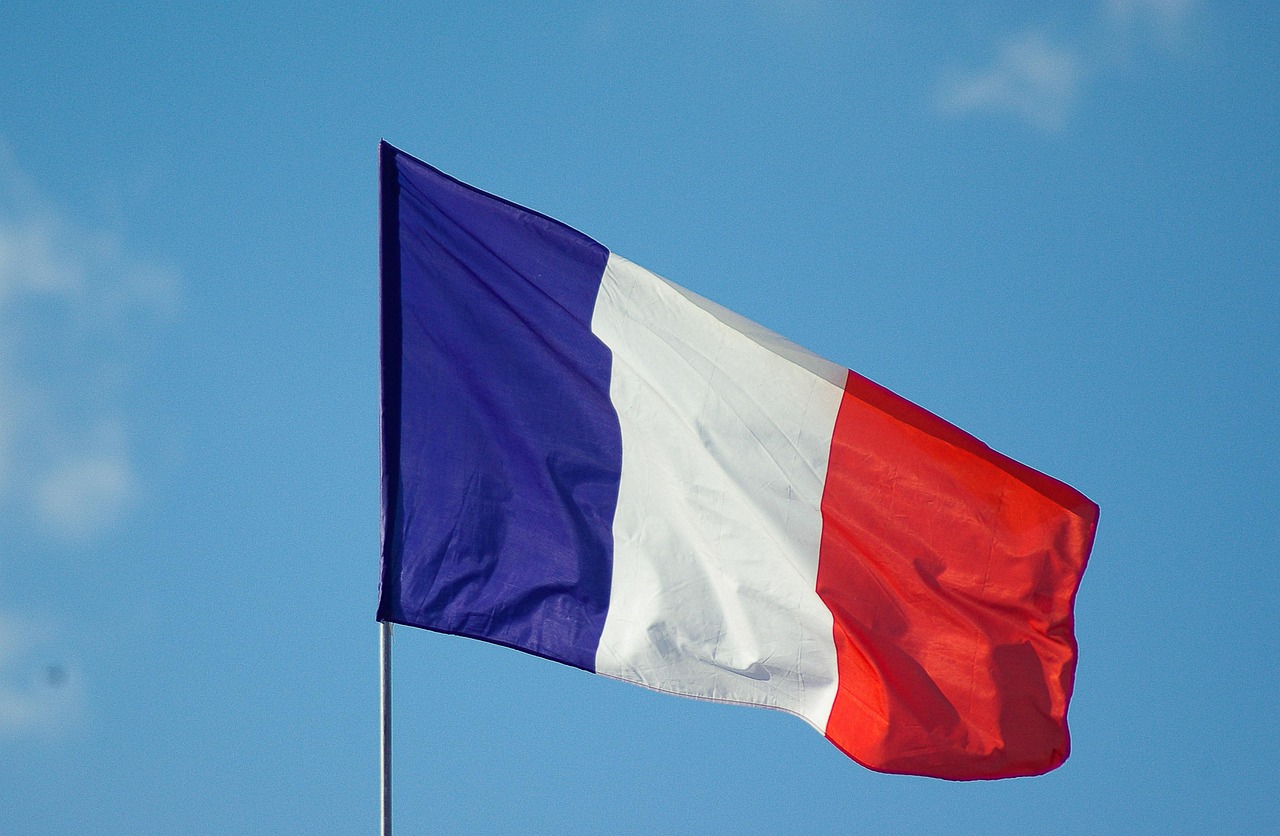The sentencing of Nicolas Sarkozy, former President of France, to five years in jail for criminal conspiracy makes it an unprecedented moment in French political history. The charge, revolving around attempts to secure illicit campaign funds from the regime of the late Libyan dictator Muammar Gaddafi, has exposed the fact that no one, not even a former head of state, is definitively beyond the reach of the law in a mature democracy. This is a powerful, albeit deeply troubling, victory for the independence of the French judiciary and a devastating indictment of the ethics that pervaded the highest echelons of power.
The court’s decision to hand down a five-year sentence, and crucially, to enforce its execution immediately (even with Sarkozy’s inevitable appeal) is a bold statement. It goes beyond mere punishment to actively challenging the notion of political impunity that has long clung to the French presidency. The immediate enforceability suggests the court views the offense not just as a technical misstep, but as a crime of exceptional gravity that fundamentally undermines the confidence of citizens in the democratic process.

Sarkozy’s own fiery reaction, dismissing the ruling as “scandalous,” is unsurprising but it fails to grasp the gravity of the situation. His insistence on innocence, while maintaining he’ll go to jail “with his head held high,” attempts to reframe a legal defeat as a political martyrdom.
However, the verdict for criminal conspiracy in French campaign finance strikes at the heart of public trust. While he was acquitted of the more sensational charge of passive corruption (for a direct, proven quid pro quo), the conviction rests on the court’s finding that he knowingly permitted his close aides to orchestrate an opaque and illegal back-channel to a foreign, internationally isolated dictator for financial gain.

















